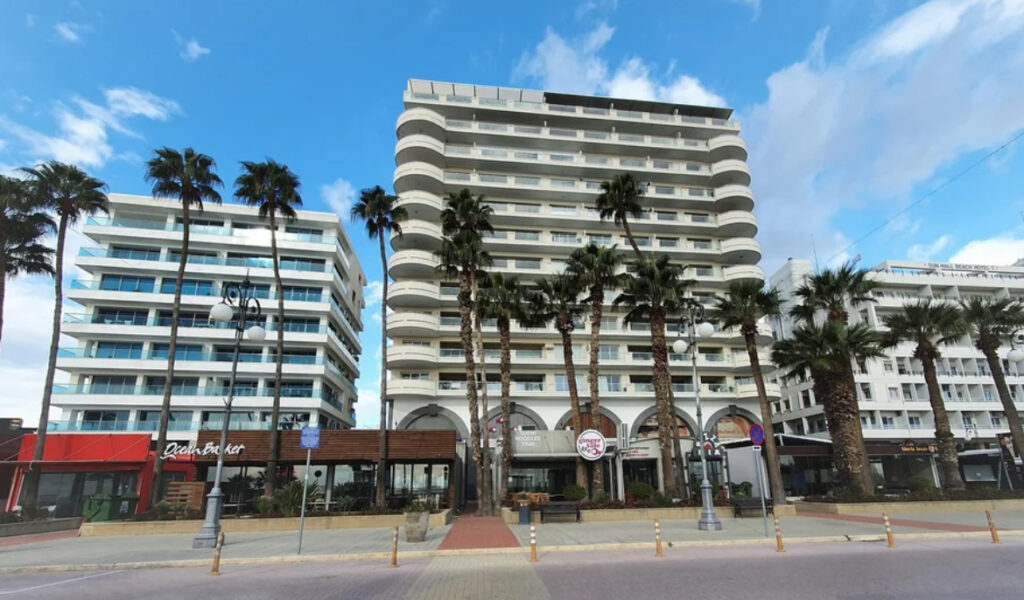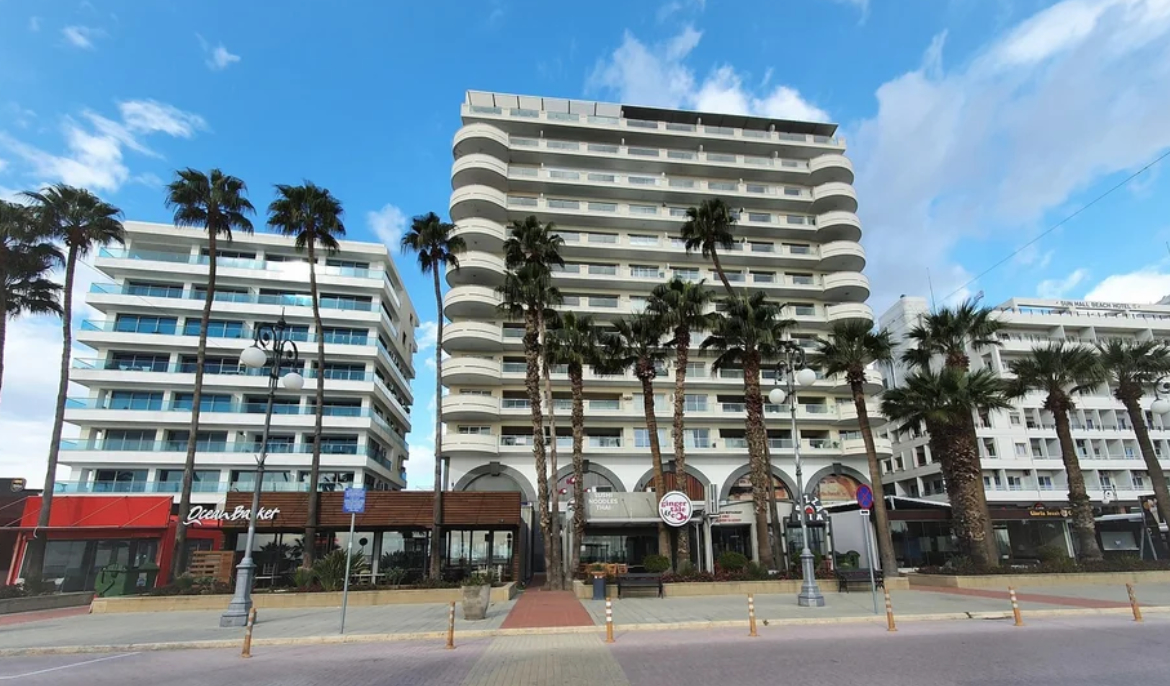Deputy Tourism Minister Kostas Koumis used his participation in a professional symposium to highlight Larnaca’s appeal as a tourist destination.
The minister outlined Larnaca’s recent progress in terms growing its tourism sector, while the city’s bid to be selected as the European Capital of Culture 2030 was also discussed.
The event, focused on tourism management and prospects in Larnaca, was organised by the Larnaca-Famagusta District Committee of the Cyprus Centre for Studies, and the Larnaca regional tourism board (Etap).
In his address, Koumis underlined the importance of destination management planning and outlined the key factors that attract visitors to Larnaca.
He highlighted the district’s comparative advantages, including its strategic location, rich history and culture, and extensive coastline.
Additionally, he pointed to the growing appeal of diving tourism and the region’s ability to maintain authenticity in both the city and rural areas, offering diverse experiential activities.
“The Larnaca district has much to offer visitors as a multidimensional destination suitable for extended seaside and mountain holidays, short-term getaways, agritourism, and specialised tourism experiences,” Koumis stated.
Moreover, the deputy minister provided key statistics, noting that Larnaca has a total of 100 accommodation establishments offering 5,817 beds.
He added that self-catering accommodations number 1,171, with 4,448 beds, while the city also features 52 traditional-style accommodations with 489 beds.
Larnaca’s share of tourist arrivals stands at 13.4 per cent, marking a 1.5 per cent increase compared to 2019.
Koumis further highlighted the tourism sector’s economic significance.
“The overall contribution of tourism to the gross national product in 2024 reached 13.5 per cent,” he said.
Discussing the evaluation of destinations, he said that “an objective assessment of a destination is vital as it forms the basis for all development decisions and plans”.
He explained that a destination’s appeal is shaped by its comparative advantages and its value-for-money proposition.
“A destination improves through the implementation of horizontal policies and succeeds through effective public-private sector collaboration,” Koumis stated.
Furthermore, Koumis stressed the need for continued recognition of Larnaca’s unique characteristics, active engagement of the local community, a cohesive communication strategy, and the effective use of digital and social media platforms.
He also addressed global and local challenges in the tourism industry, particularly competition from neighbouring countries with different regulatory frameworks, workforce shortages, and accessibility issues.
Following the event, Koumis stated that the primary objective was to engage with stakeholders from Larnaca city and district regarding destination management.
“It is crucial that knowledge is disseminated through such events to every stakeholder involved in the country’s tourism sector,” he said.
“Through this presentation, we aimed to analyse the tourism prospects of both the city and district of Larnaca, as they are two distinct destinations,” he added.
Koumis also said that “the city has its own characteristics, while the district, which includes semi-mountainous areas, has different attributes”.
Meanwhile, the president of the Larnaca regional tourism board Dinos Lefkaritis said that “Larnaca has advanced to the final selection phase for the European Capital of Culture 2030 title”.
He then expressed gratitude to the team responsible for preparing the city’s bid and stated.
“I am confident that all stakeholders in Larnaca, united in this effort, will compete with Limassol until the final stage, and may the best candidate win,” Lefkaritis said.
“I am optimistic that we will succeed because we have a very strong and capable team,” he added.
On her part, Annita Demetriadou, president of the Cyprus Agritourism Company and Director of Tourism at the Deputy Ministry of Tourism, described agritourism as “the emerald in the necklace of Cyprus tourism”.
She also said that agritourism has “reached a high standard, with a nationwide increase in bookings this year compared to previous years.”
“There is significant growth and interest in Larnaca, including from new accommodations,” she said.
“Just this past Monday, we held the Cyprus Agritourism Company’s general assembly in Skarinou, where we presented the company’s activities, which include numerous European programmes. The general sentiment among members was one of great enthusiasm,” she added.
Demetriadou explained that beyond accommodation, the Cyprus Agritourism Company attracts related businesses, offering tourists a variety of activities.
“The Deputy Ministry of Tourism supports the initiatives of the Cyprus Agritourism Company,” she stated.
Elsewhere, Andreas Morphitis, vice president of the Cyprus Centre for Studies, expressed satisfaction with the event’s outcomes.
“We are pleased and proud that an initiative by the deputy minister has materialised tonight through the seamless collaboration with the Larnaca regional tourism board,” he said.
“This symposium has addressed substantive issues, offering insights into their real dimensions while also allowing for proposals to be submitted for follow-up and implementation,” he concluded.



